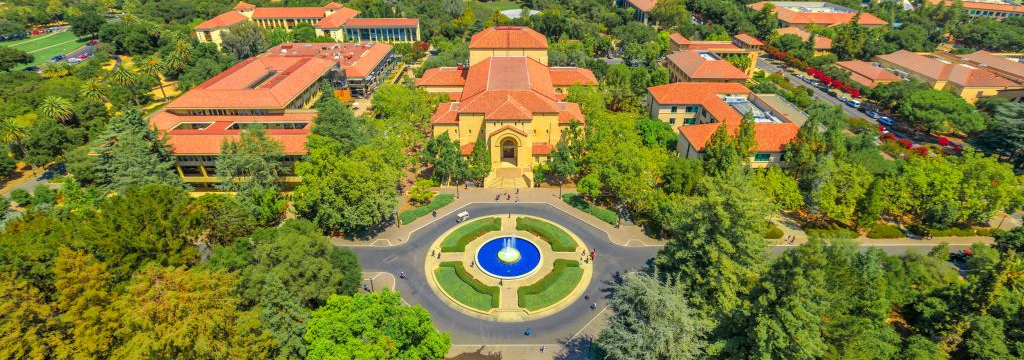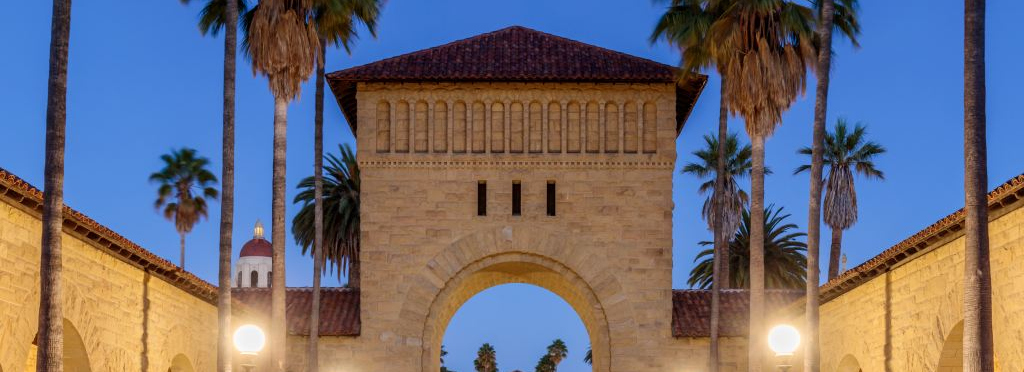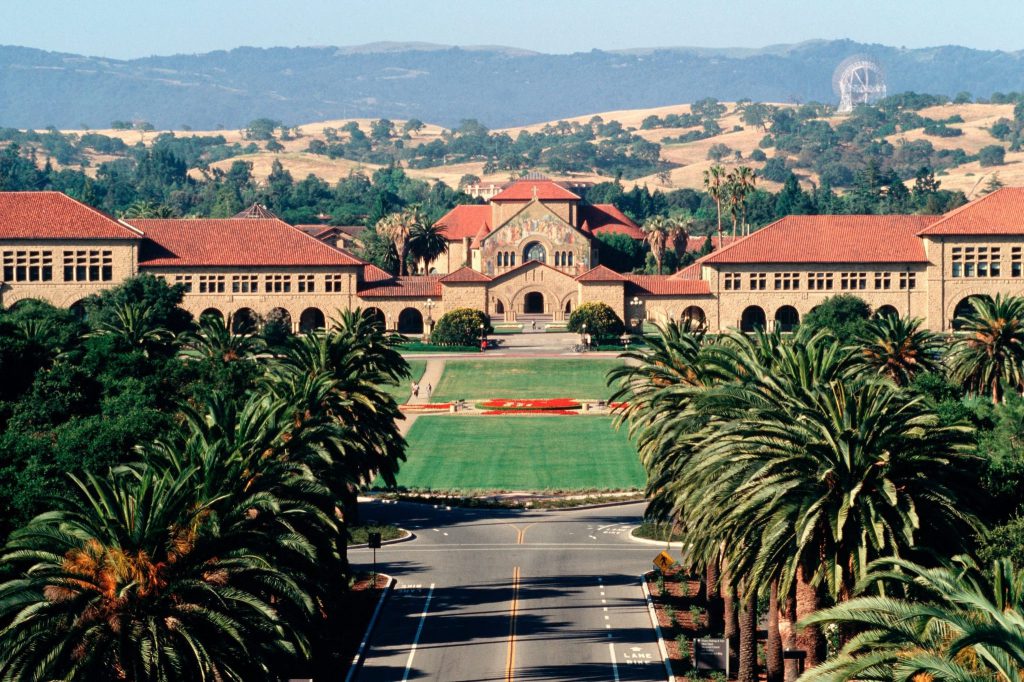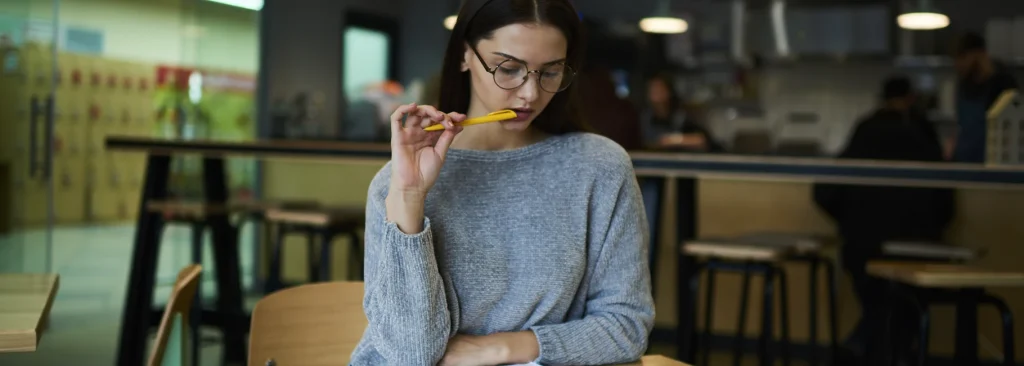As Stanford is one of the most competitive schools in the country, being admitted into this school is an incredible accomplishment. To gain a seat in the class, applicants need to excel in every component of the admissions process, including the optional interviews.
Many high school students may be new to interviewing, so it’s important to research what the conversation will be like if you want to maximize your performance. Keep reading to learn more about Stanford undergraduate interview questions and what you can do to prepare and feel confident on interview day.
Do All Stanford Applicants Get Interviews?
It’s important to keep in mind that interviews are not a mandatory part of the admissions process at Stanford University. Applicants can pursue an optional interview with alumni if they would like. If you’re wondering how to get into Stanford, an excellent interview won’t guarantee you a spot in the class. However, it can help you demonstrate your interest in attending the college and help you learn more about the school from a new perspective.
What Percentage of Stanford Applicants Get an Interview?
While getting into Stanford is particularly challenging, getting the opportunity to interview at Stanford is less competitive. Interview selection is based mostly on the availability of alumni interviewers in your area and not based on the quality or contents of your application for admission. You may also indicate your interest in being interviewed on your application.
Can You Get into Stanford Without an Interview?
The short answer is yes. You don’t need to interview to receive an acceptance letter from Stanford University. That being said, interviewing can work to your advantage in the admissions process, especially if you have a good conversation with your interviewer. It’s an opportunity to show that you’re serious about attending upon admittance, and they give you a chance to demonstrate your knowledge about the university and learn even more about Stanford.
Who Gets Interviews at Stanford?
According to Stanford’s interview policy, interviews are carried out by alumni volunteers. That means that if there aren’t many alumni in your area, there’s a higher chance that you might not be offered the opportunity to interview. Interviewers will reach out to applicants via email to schedule a conversation, but occasionally, you may receive an invitation over the phone. Your interviewer will introduce themselves and set up a time to meet for your Stanford interview.
3 Common Stanford Interview Questions and How to Answer Them
The best Stanford interview tip that all students need to remember is that practice and preparation are essential. If you want to start rehearsing, it’s crucial to know what kinds of questions you should prepare for. The interview questions below are some of the most common queries that interviewers are likely to ask.
Tell Me About Yourself
‘Tell me about yourself’ might sound like a simple request, but it’s actually one of the more challenging queries students might encounter. When an interviewer asks you this, you need to think about the context of your conversation.
Instead of telling them everything about yourself or the facts you might find most interesting personally, you need to make sure that your response relates to who you are as a student and what kind of impact you will make on campus. Reveal parts of your identity and make sure to connect them to your academic ambitions, the work you’ve done so far, and what you’re hoping to accomplish in the future.
What Are You Curious About?
Again, context is everything when you’re answering this question. There might be plenty of topics that you’re curious about, but it’s best to emphasize academic curiosities if you’re looking to ace your Stanford interview.
Talk about the classes you look forward to most, the fields you might wish to pursue in college, and any research that you’re eager to participate in. In addition, you should try to weave the activities you do outside of the classroom into this discussion, given how important extracurriculars are for college. Tell your interviewer about your role as editor of the school newspaper or your position as captain of the swim team, and explain what interests you about these pursuits.
What Motivates You to Achieve Your Goals?
Last but not least, your interviewer might want to learn more about your work ethic and what motivates you to achieve your goals. This question allows students to reflect on what they wish to accomplish in the long run, the lessons they have learned, and the people and personal matters that they care about most. Remember, college admissions officers are eager to admit students who are passionate and engaged. So, don’t be afraid to talk about what drives you to reach your goals.
How to Prepare for Stanford Interview: Important Stanford Interview Tips
In addition to reviewing Stanford interview questions, students should keep a few pointers on their radar as they prepare for their conversation with an alumni volunteer. Some of our top interview tips include:
Show Your Unique Personality
If you’re looking to differentiate yourself in an interview, you need to emphasize what makes you unique. Thousands of students might participate in the same activities as you, so you need to think beyond that and articulate what draws you to these activities and what you are hoping to get out of them. Take some time to reflect on your identity, the traits that set you apart, and any facts or obscure activities that you’ve participated in that your interviewer might not know about.
What to Wear
This might be your first conversation of this nature, so it’s important to brush up on interview etiquette. One of the most common questions students tend to have about interviews is “What do I wear?” Dress codes might vary depending on the specific opportunity. However, there is not a strict dress code for the Stanford interview. Make sure to choose something polished but comfortable. Ideally, your outfit should feel true to who you are and reflect your personality.
What to Ask Your Interviewer
Remember that interviews are two-sided conversations. Your alumni volunteer will ask you questions, but you’ll also have the chance to ask them questions as part of your Stanford interview. In fact, you should ask thoughtful questions, as this shows that you’re engaged in the conversation and eager to learn even more about the university.
Need help brainstorming what to ask? Here are a few example questions:
- What drew you to Stanford University?
Learn more about why your interviewer chose to apply in the first place. This might open your eyes to additional benefits that encourage people to enroll, as well as additional opportunities that you might want to pursue in the future.
- What do you remember most about your time at Stanford?
At the end of the day, college is about so much more than attending classes. This question will allow you to learn more about the moments that had the greatest impact on your interviewer and how they’ve used what they learned during their time at Stanford.
- What did you major in and how has that helped you in your career?
It’s important to understand how your academic interests might translate into professional experiences. This question allows you to learn more about how your interviewer transitioned from academic life to a professional career.
Follow Up with a Thank You Note
Don’t forget to say thank you! Your alumni interviewer is volunteering their time, so make sure you express your appreciation for it. A personal email that references some of the details of your conversation is a great way to say thank you and demonstrate your enthusiasm. Make sure to send this message within 24 hours of your Stanford interview.
The Stanford interview might sound overwhelming at first, but you can boost your confidence by preparing and practicing before your conversation. At IvyWise, our expert admissions counselors help students through every phase of the admissions process, including preparing for interviews. Learn how we can help you maximize your chances of admission to Stanford.
Contact Us




